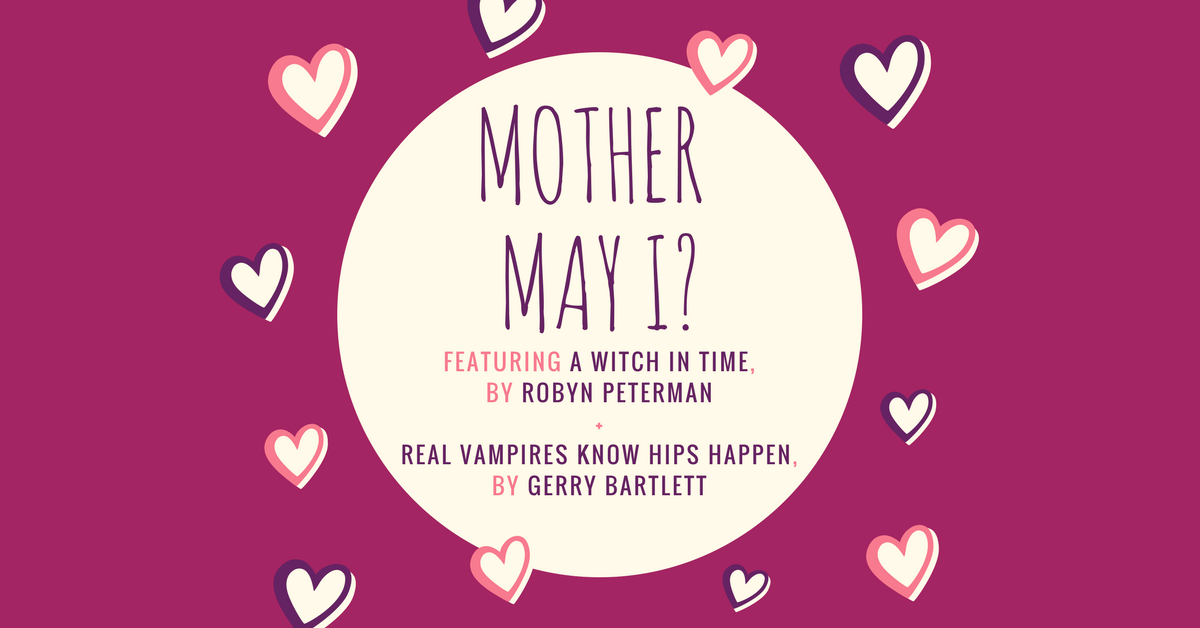I've been on a Gerry Bartlett kick, but the books are good and I'm almost finished so I’m going to keep going. The last book (so far) in the series is Real Vampires and the Viking. While the main protagonists, Glory and Jerry, are on their honeymoon in Sweden (those long, winter are great for vampires), they dig up Gunnar, a Viking vampire who's been asleep for the past 1200 years, buried in the ice. Poor Gunnar was born once, born again as vampire, and then born a third time when he emerged from the ice to adjust to modern times (this is a popular trope in paranormal fiction—the "Sleeper" phenomenon; very similar to Owen in Kevin Hearne's Iron Druid series). All of this birthing and rebirthing got me thinking about what it means to be "born again." I know that the phrase has specific connotations of the conservative religious variety, conjuring images of adults being dunked in rivers and subsequently proselytizing— loudly and often— to whomever will listen. I'm not one who does,listen, that is, as I'm not usually a fan of rabid fanaticism. But when I started thinking about it, I realized that my knee-jerk reaction to the term ‘born again’ was ignorant, biased—and wrong. As knee-jerk reactions often are, of course. Looking back, I realize I've been born again many times, and have consequently spent considerable time and energy shouting it from the rooftops (aka proselytizing). I will never forget the first time I read Ayn Rand as a sophomore in college. I was bitten, smitten and converted. I stormed into my political philosophy class to extol the virtues of Objectivism, which I thought was the cat's meow. My teacher calmly asked me to explain my favorable position. I tried, to which he replied, "Saying it louder doesn't make your arguments any more compelling." Which shut me right up.
My next ‘born again’ experience came when I started a 12-step recovery program. I felt everyone needed the Steps and said so. Again, loudly. No one wanted to hear it, shockingly. I was equally vociferous when I became convinced that everyone should eat gluten and dairy-free—and give up all refined sugar, not to mention artificial sweeteners. One more time, I wasn't too successful garnering converts. I hadn't yet learned my lesson.
Because the truth is, few people want to be screamed at from a soapbox (well, unless you are a Donald Trump supporter apparently). No one likes a fanatic, and no one wants to listen to someone foaming at the mouth. Which I understand.
But what about being born again in a less obstreperous manner? What about the wonder and the joy of those beautiful “a-ha” moments when the scales fall from our eyes and we can see a truth, or many truths, clearly for the first time? I will never forget when I fell I love with my husband, and finally understood what love without anxiety or doubt felt like. Or my first successful experience with meditation. I finally knew what all the fuss was about. Each of us is reborn a number of times in our lives if we're lucky and good. It's a consequence of immersing ourselves in new experiences, evolving into higher consciousness and embracing change in a healthy way that allows us to grow instead of stagnate. It happens every time we make a big leap forward, or when the scale tips with the weight of many lesser moments of renewal and transformation.
Being born again always requires adjustment and a period of acclimatization. And, of course, being born again also necessitates the pain of labor and the discomfort of the birth itself. As I written about time and again, change is hard. Growth is not for the fainthearted. We humans tend to resist it for all we're worth, clinging to the familiar and that which we perceive to be safe. It takes courage to let go of the past and move deliberately into an uncertain future. No one said labor and birth were easy. But at the end, if we're lucky and good, we get a new life, figuratively – and sometimes even literally.
We can embrace this new life with enthusiasm for new adventures and a desire to live authentically and with integrity. Or we can resist change and refuse to be born again. Gunnar chooses the first option. And so do I. And, if I may say so without proselytizing, so should you.







